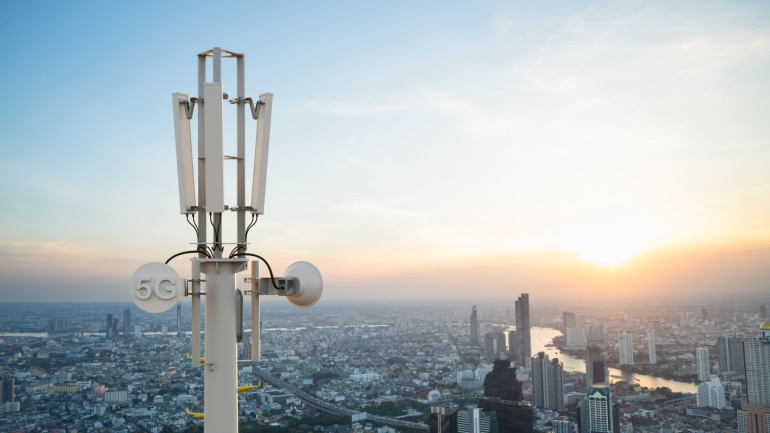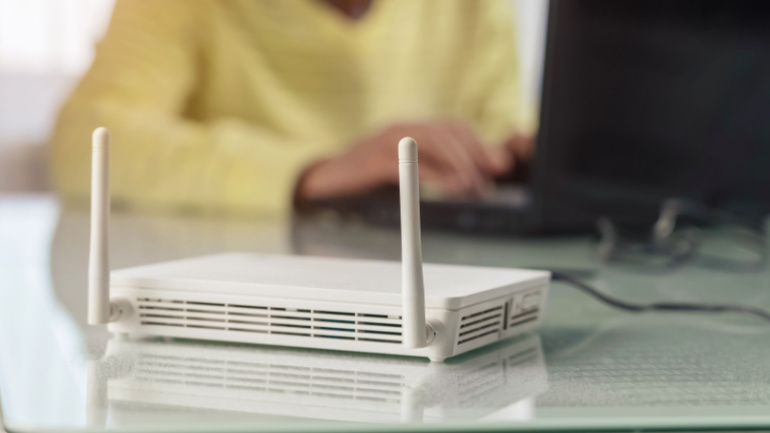In a pioneering initiative, passengers traveling on a high-speed rail route in Southern China are now enjoying faster and more reliable 5G connectivity, thanks to the innovative use of digital twin technology. ZTE and China Mobile’s Yunnan Branch have collaboratively developed a detailed 3D model of the railway’s surrounding infrastructure, significantly enhancing network performance along the challenging terrain of the KunchuDali railway.
NEC Corporation (NEC; TSE: 6701) and NTT Corporation (NTT) today announced that they have successfully conducted a first-of-its-kind transoceanic-class 7,280km transmission experiment using a coupled 12-core multicore fiber (*1), which consists of 12 optical signal transmission paths in a standard outer diameter optical fiber (0.125 mm). This achievement is expected to be a next-generation transmission infrastructure technology that will contribute to the realization of large-capacity optical networks, including future optical submarine cables.
In a significant stride towards eradicating mobile signal blackspots, rural Wales welcomed the activation of the first among 86 planned 4G mast upgrades. This development is part of the ambitious Shared Rural Network initiative, aimed at bolstering mobile coverage in the UK’s rural and remote locales.
SmartCIC, a global managed service provider has appointed Johnatan Santana as its Head of Carrier Wholesale and Reina Borjas as Senior Sales Manager. SmartCIC is making strategic investments in talent by building out its international wholesale connectivity team to support growing demand for end-to-end ‘through the line’ solutions and its approach to connectivity.
Arelion and Telxius are collaborating to provide fully diverse, multi-terabit connectivity into Telxius’ landing stations in Boca Raton and Jacksonville, Florida. This fiber network expansion establishes Arelion Points-of-Presence (PoPs) at each Telxius landing station. For Telxius, it empowers customers with resilient Tier-1 optical transport and high-speed access to Arelion’s North American network. Together, Arelion and Telxius are making a significant investment in the Florida Peninsula to connect Latin American customers to North America through submarine and terrestrial systems.
Scotland’s pureLiFi pioneers revealed latest advancements in delivering data via light at Mobile World Congress. Their new LiFi hotspot not only provides impressive broadband connectivity, but avoids congesting WiFi networks. The LINXC Bridge™ emerged as a trailblazing solution for indoor 5G connectivity, boasting 1Gbps speeds over 5G network.
DIDWW, a global provider of premium quality VoIP communications and SIP trunking services, will participate as an exhibitor at Enterprise Connect 2024, the leading conference and exhibition for enterprise communications and customer experience. The event will be held from March 25th-28th at the Gaylord Palms in Orlando, FL.
In a groundbreaking move, Mavenir is joining forces with Terrestar Solutions, a satellite operator based in Canada, to pioneer a project that seamlessly blends satellite connectivity with Open RAN terrestrial networks. This collaboration, revealed just before the Mobile World Congress (MWC), aims to offer users across the globe uninterrupted connectivity by merging satellite and terrestrial network capabilities.
Telecom analytics titan Mobileum Inc. has been selected by NTT Communications Corporation for integrating its cutting-edge technology platform into the rapidly evolving global connected car market. Mobileum’s solution, composed of connectivity management, testing, and fraud prevention capabilities, aims to ensure continuous, secure connectivity, whilst addressing the associated rise in potential fraud threats.
NEC, a leading Japanese technology firm, has unveiled a groundbreaking Radio Access Network (RAN) optimization tool, revolutionizing how remote-controlled devices, such as robots and automated guided vehicles (AGVs), maintain connection stability and performance within 5G networks. By harnessing advanced artificial intelligence (AI), NEC’s solution promises to deliver unparalleled improvements in both the performance and reliability of these critical devices.













